Moviegoers may recognise Shivam Pradhan as that “squeaky, gun-happy ‘chottu’ terrorist” from Tere Bin Laden 2, the eccentric rebel from gangster comedy Kerry on Kutton, or even the mousy shop helper from the Tata Sky Dillagi series. His is a distinct presence, one that seems tailor-made for memorable character turns.
But Pradhan is only at the beginning of his reel career; he has established himself across stages all over the country, and is a regular affable presence in the theatre circuit.
Here, the Delhi-based actor chats with us about those early dreams, the evolution of his career and the many futures ahead.
What was your earliest memory at the movies? There’s always a moment, or a theatre experience or family nights that remain etched in one’s mind.
SP: Oh, they’re quite vivid. My earliest memories have to be those Sundays way back in my childhood in Noida, when we used to travel on our two-wheeler to my aunt’s place. I remember the wind hitting my face while I would stand in front the whole ride; we would go to rent out a VCR cassette player, video cassettes and watch hit movies like Rajiv Rai’s Tridev.
Most of us like to imagine becoming movie stars and actors in our childhood years — when we aren’t limited by societal norms/mentalities. When, for you, did these dreams actually begin to assume real silhouettes?
Well, it wasn’t anything that I craved for all my life. I didn’t grow up aspiring to become a famous actor or artiste, but I’d watch a lot of movies like most of us did in the 90s. The passion came to me as late as college, but yes, I definitely found my grounding as an actor on stage in my early school years. The possibility to turn it into a profession hadn’t dawned upon me so early. I suppose it carried on well into my post-college years, too. There is no single moment of realising a lifelong dream as such; perhaps just evolution and successes and failures and processes along the way. Maybe my dream is still unfolding as we speak.
Families have a very underrated behind-the-scenes role to play with artistic careers. Were you “allowed” to pursue your ambition, or were you fortunate to find support and mentors early on?
I’ve been very fortunate to be one of the rare exceptions. My folks have always backed me up right from school, be it choosing which subjects/stream to opt for or pursuing my ambition. They did put their foot down on completing my graduation and getting a degree, which made complete sense and actually helped me in becoming what I am today.
I never had the guidance of a mentor, but my father, who is an engineer by profession, always gave me a push when any new projects or collaborations came up which I otherwise would be apprehensive of. It’s important to have a wise voice; it’s the only way you can develop it yourself. Though not all of them were great decisions by me, I learned one thing the hard way: “Never ever does anything you do go to waste in the long run. It always comes around, and gives you result one way or other.” That I’m able to look back and reflect in hindsight itself is a privilege, thanks to my upbringing.
Tell us about your Delhi college life and theatre group. It is usually assumed that most artistes discover theatre groups and drama classes once they realise they aren’t very good academically… 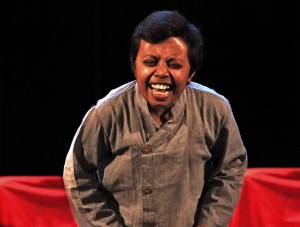
[laughs] Well, technically yes, you got the ‘not good at academics’ part quite right. But this was back in school in the 9th grade, where becoming part of an annual school production became a life changer for me. Also, the recognition and praises that followed afterwards was overwhelming for an average school boy. That is the first time I realised that there perhaps is a life beyond textbooks and exams. This only further strengthened my interest in this craft, and by 12th grade — when the whole world and their parents sweat for the board exams — I made up my mind to take up performance arts as a serious career option.
Those three years spent in Delhi University were definitely few of the best years till date; the kind of exposure I got during this time was enormous. SHUNYA, the dramatics society of our college Ramjas, was my lifeline. I still consider it as a major foundation stone that shaped me into the person I am today. We travelled across country to country across different college theatre festivals, ate, slept, and drank theatre! It was insane and beautiful. I would do anything to go back and live those years again.
I was not good at academics, so the only way for me to be part of DU was the ECA quota; I was a dramatics ECA entry into Ramjas. Shunya, our dramatics society, my second home, became the only reason for me to go to college. I looked forward to rehearsals and spending countless hours sitting on those college auditorium stairs.
After college rehearsals, I came in contact with some professional theatre groups of Delhi: Jan Natya Manch, PRAYOG was being reinvented by Mr. MK Raina, Khilona and other pioneer groups which gave me a broader perspective towards the craft. Because of them, I have been able to weigh the pros and cons of amateur and professional theatre simultaneously.
What was your first break away from stage? How did the Tata Sky Dillagi campaign role happen?
Break, as in if we talk about facing the camera, it happened a lot before stage. I was promptly picked up for a lot of student short films. Also I did a TVC for Zee News, and then a small cameo in Habib Faisal’s Do Dooni Char — my first 70 mm debut.
Gayathri Smitha, the casting director for Tata Sky Dillagi, got in touch with me long before the campaign, perhaps a year and a half earlier for some other project which never materialised. Then suddenly, she pinged me one day saying, “Boy, have I got a role for you!” I gave the audition in the morning and was finalised by that evening itself.
For an upcoming actor not based in Mumbai, how important is it to be in the same city? Does staying away reduce your chances at all?
Definitely. It’s very important to be in the grind, in the loop right at the epicentre, especially when you are just starting out. I’m sure I may lose out on some projects as well. But somehow, I have just not been able to take the big leap, despite being coaxed by my mates and well wishers for over a decade now, while still being able to do some amount of substantial work in the industry. So whenever I come for a project to Mumbai, I extend my stay an extra week or so and try to meet new people, network a bit and touch base with all my friends out there. It’s important to stay connected, even more so with the business of casting finally been taken so seriously by the industry. One must complement and be thankful for the rise of the casting director — all of whom are doing such a wonderful job trying to explore and pick new talents across India and abroad to find the perfect fit for roles. Also, on a more personal note, fortunately with the diminishing lines between the physical and virtual world, I try to use the latter in my interest in the best way possible. This digital age can’t be underestimated; it has allowed professionals like me to be a little flexible and resourceful. Imagine trying to start a career from somewhere else back in the 80s.
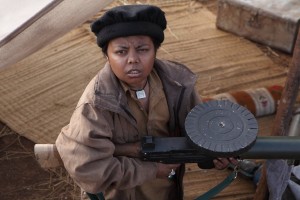
Your petite build will always give you more unconventional/quirky character roles in commercial cinema. For example, those who’ve seen Tere Bin Laden 2 will continue to associate you with the absurdity and physicality of your brief role. How do you plan to avoid being stereotyped so early on?
Yes, I know, and I had seen it coming a while back actually. I experimented with variety in shorts and other not-so-commercial projects. But in the initial 2-3 projects, which I would rather not name, one of them being Do Dooni Char of course, I could clearly be seen getting type-casted for a chotu/mundu at shops, so much so that some people didn’t even want to audition me and just picked me based on my looks. I have already refused so many roles like these so far.
As I mostly get roles offered on these similar lines, I only take them if I see that I get to hit some different notes/range/character traits, also subject to where this scene or character stands out as a whole in the entire script. It’s very seldom that characters like Daaga (Tere Bin Laden 2) or Hippy Thakur (Kerry On Kutton) come your way, especially for people like me.
Luckily these roles allowed me to show better range as an actor. Still, I remember one of the reviewers quoting me as “a vertically-challenged fellow with a gun” in TBL-2, so you never know. However hard you try, you cannot predict the way the industry/outside world will perceive you. I guess it then comes down to you, to just put your best foot forward in whatever way you can.
We seem to be at a stage where there is a great demand for solid stage performers in multi-starrers or heartland flicks. Would you not jump at the first given opportunity, say, if it’s with a big production studio, even if the role is fleeting?
I would definitely be very excited at such an opportunity. There is this saying we keep hearing in our industry, “Jo dikhta hai, woh bikhta hai.” It holds true here. Definitely, with the kind of audience and industry reach big-banner projects have, one can’t and shouldn’t think twice. But I say this cautiously. I would have to take into consideration the co-actors, director and the kind of script at hand too. Also, I believe sometimes even one scene is enough to show your potential. You know, a lot happens on the sets too — if it’s a good director and S/he knows the potential of the actors, he can push them and improvise to create magic right there on the sets and blend it in seamlessly, which might not be part of the original plan. In my experience so far, a lot can happen between script readings to workshop sessions, to on the set and even at the edit table! But yes, at the end it’s my gut feeling and instinct that I often count on.
Do you still do a lot of theatre in Delhi? Is it possible to sustain entire careers on stage in this day and age? Most young performers seem to use the phase as training ground to eventually appear on camera…
Theatre has been my first love and will remain so. I do keep myself engaged in some project or other. I won’t say it is impossible to sustain your carrier, but being just a performer ON stage might just not be enough for you. One needs to extend their horizon into other aspects of stagecraft too. Say, taking workshops, directing plays, and technical jobs associated with lights/sounds; you need to juggle in between to keep your bread and butter coming in. It requires an all-around immersion into the craft and environment, and the knowledge always helps in the long run. All these things give you a broader perspective of the art which is always beneficial.
As for it being used as ‘training,’ this is partially true. I know so many within the 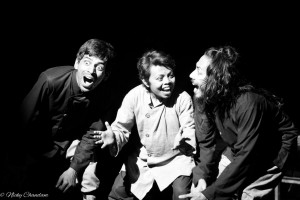 industry who use it as a throw-around line these days, “ jao thoda theatre kar ke aao!”. Or when I hear freshers speak about their plans: how they plan to do theatre for some time and then go try their luck in the ‘Dream City.’ In a way, I don’t feel bad about this. Maybe for a little while, at least they get to be in touch with the craft. Maybe they get reminded of why they’ve taken up acting and arts. Maybe for some, it changes them so much in this short stint — to change their perspective towards it, from just being a training ground to being a way of life, which it is for me.
industry who use it as a throw-around line these days, “ jao thoda theatre kar ke aao!”. Or when I hear freshers speak about their plans: how they plan to do theatre for some time and then go try their luck in the ‘Dream City.’ In a way, I don’t feel bad about this. Maybe for a little while, at least they get to be in touch with the craft. Maybe they get reminded of why they’ve taken up acting and arts. Maybe for some, it changes them so much in this short stint — to change their perspective towards it, from just being a training ground to being a way of life, which it is for me.
How comfortable are you with networking and asking for favours in a clique-heavy industry like this?
To be frank, as outspoken and extroverted as I may be, I just can’t seem to ask or talk about their projects when I am with them. I know some who do, and there’s nothing wrong with that really. It just makes me conscious and I find it difficult to be myself. But so far, I guess I have not been driven to those dire measures yet!
What’s the ultimate wish-list dream for you?
To show more range as an actor, and actually be taken seriously about that. And maybe share space with BIG B (Amitabh Bachchan), and Naseeruddin Shah and Pankaj Kapur, and yes, to definitely break the (stuck) image of the comic guy. And outside the profession — travel travel, meet new people there, and gorge on new cuisines.
P.S. I am a home cook and love to try new food. This is, both, an invitation and a hint to be invited.

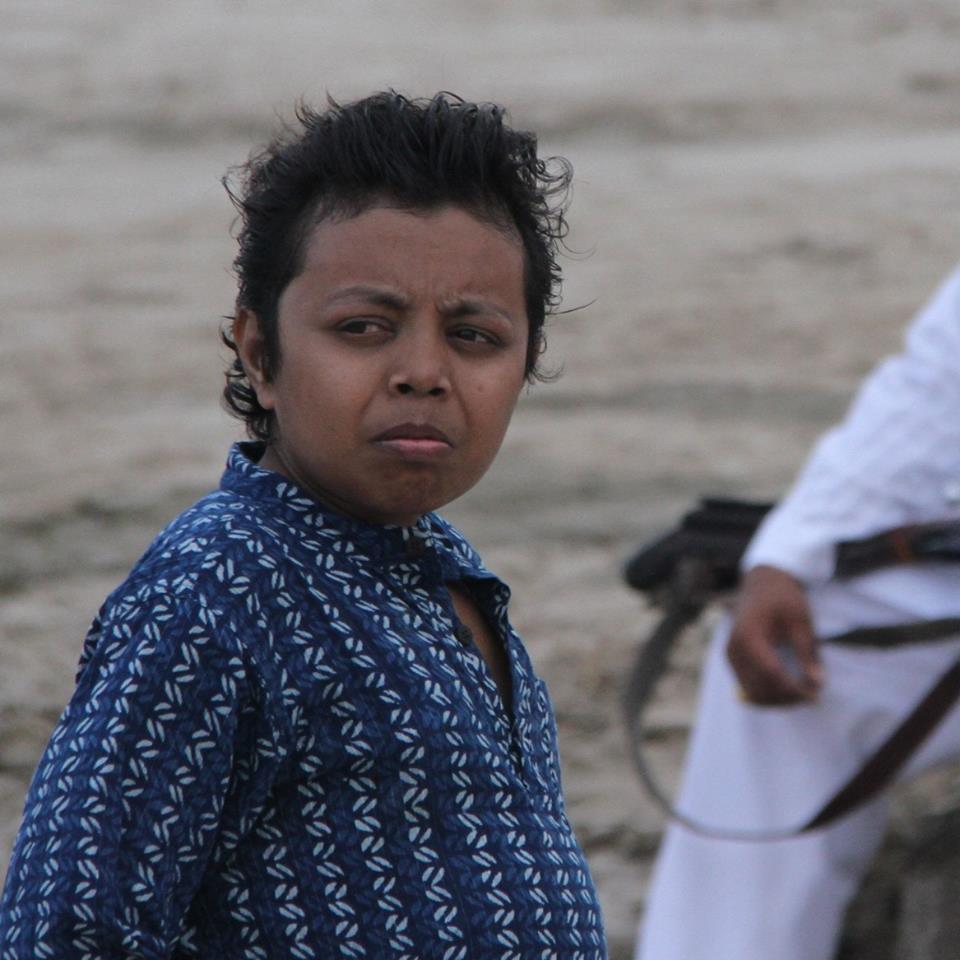

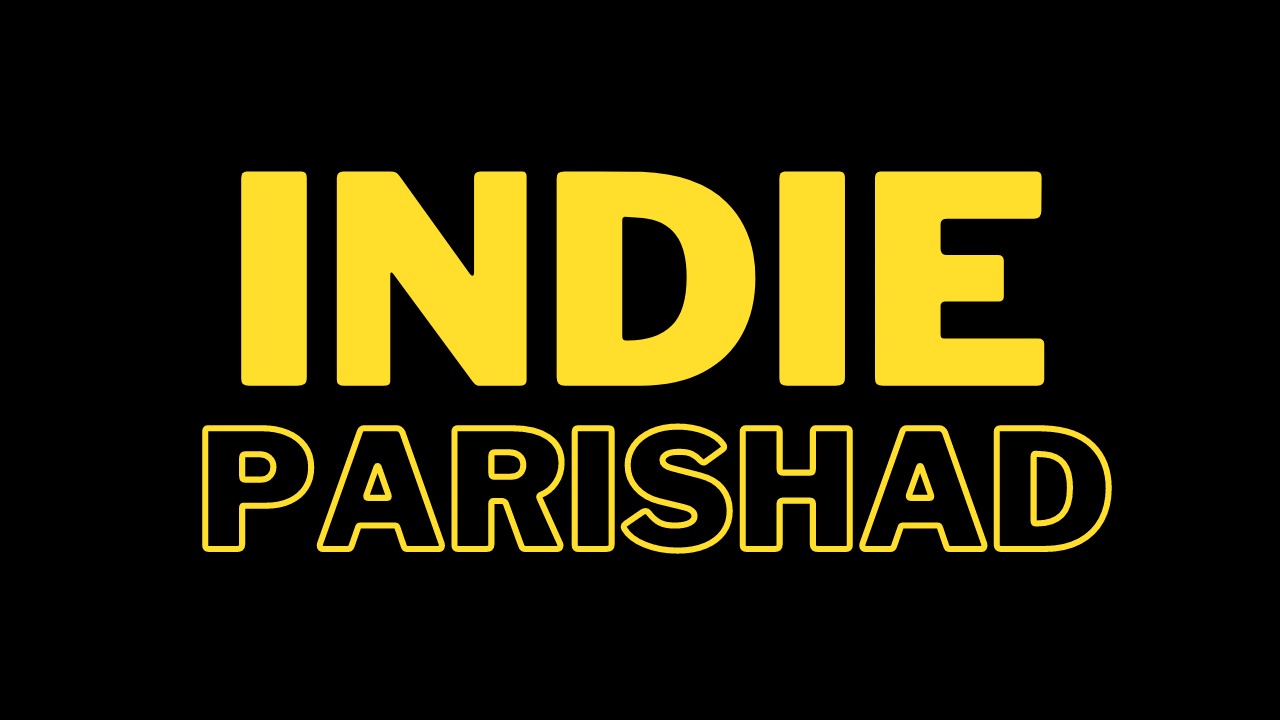
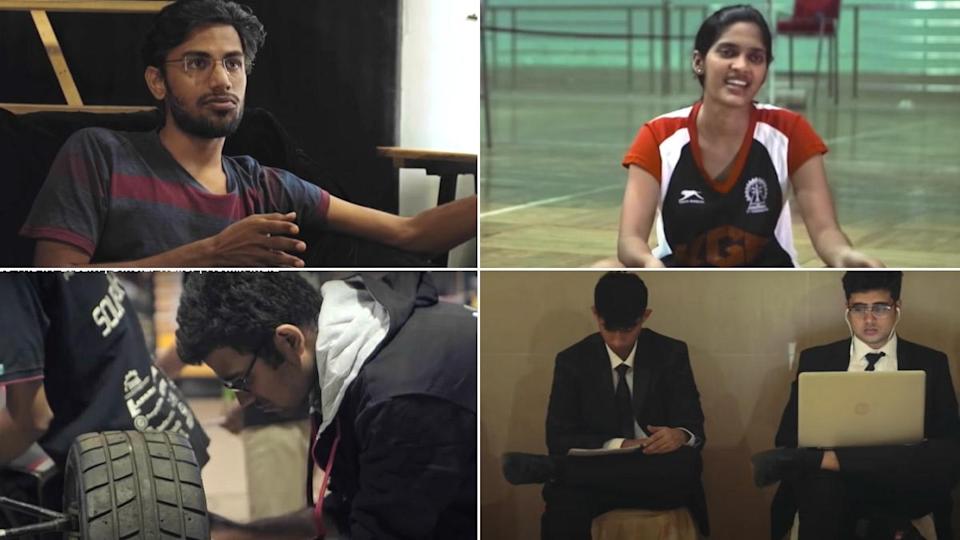
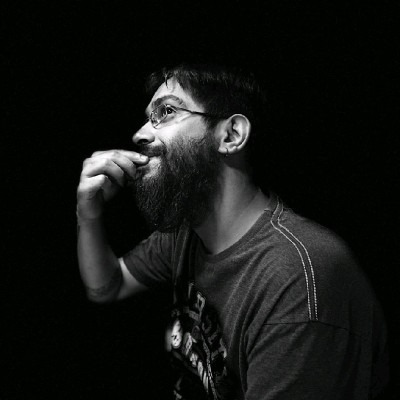



Leave A Comment
You must be logged in to post a comment.